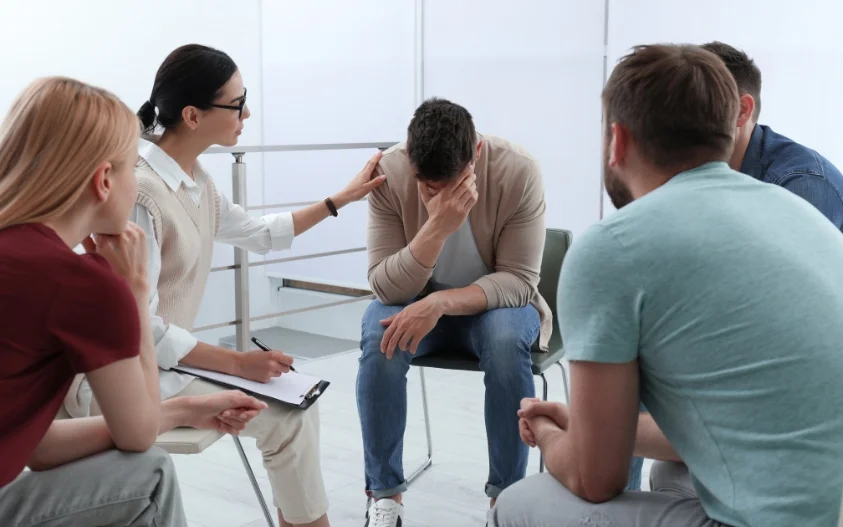24/7 Helpline:
(866) 899-221924/7 Helpline:
(866) 899-2219
Learn more about PTSD Treatment centers in Joice
PTSD Treatment in Other Cities

Other Insurance Options

GEHA

MVP Healthcare

EmblemHealth

Coventry Health Care

Highmark

ComPsych

Anthem

Kaiser Permanente

American Behavioral

CareSource

Oxford

Holman Group

Premera

AllWell

Choice Care Network

United Health Care

BlueShield

Excellus

State Farm

Health Choice

















